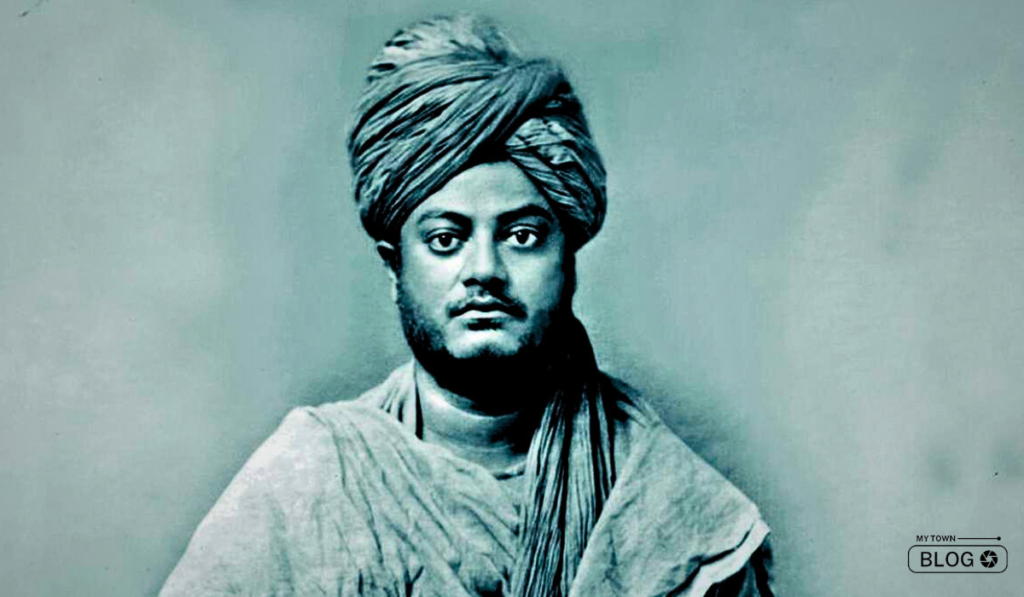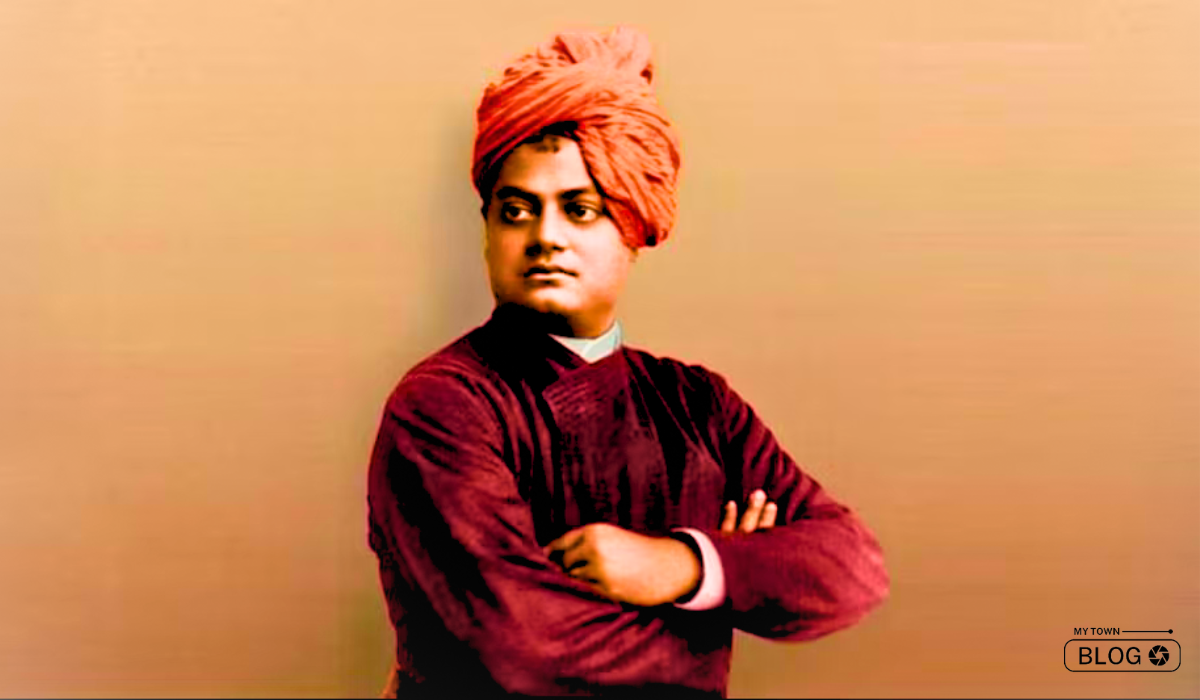National Youth Day, observed annually on January 12th in India, is not merely a day of celebration but a moment for inspiration and reflection on the teachings and ideals of Swami Vivekananda, one of India’s greatest spiritual leaders and philosophers. This day marks his birth anniversary and acknowledges his profound contributions to Indian society and the global spiritual landscape.
Swami Vivekananda’s Life and Influence

Born on January 12, 1863, in Kolkata, Swami Vivekananda was instrumental in introducing Indian philosophies like Vedanta and Yoga to the Western world. Renowned for his impactful speech at the 1893 Parliament of the World’s Religions in Chicago, where he introduced Hinduism to the Western audience, his influence transcends spiritual teachings. He played a pivotal role in reviving Hinduism and instigating a sense of nationalism during India’s colonial era. Notably, leaders such as Subhas Chandra Bose and Mahatma Gandhi acknowledged his impact, with Gandhi crediting Vivekananda’s writings for intensifying his love for India.
National Youth Day 2024 History
In 1984, the Government of India declared January 12 as National Youth Day to honor Swami Vivekananda’s birthday. The day dedicates itself to motivating and inspiring the youth by leveraging the life and ideas of Swami Vivekananda to foster national development.
National Youth Day 2024 Theme
The theme for National Youth Day 2024 is “Viksit Yuva-Viksit Bharat,” highlighting a focus on youth empowerment and nation-building. It underscores the pivotal role of the youth in shaping a developed India, aligning with Swami Vivekananda’s vision of harnessing youth power for positive societal change.
National Youth Day 2024 Celebrations
Celebrations include auspicious rituals, devotional songs, meditation, religious speeches, and activities at various Ramakrishna Math and Mission centers. Educational institutions observe the day with parades, speeches, music, essay-writing competitions, seminars, and sports events. The goal is to motivate the youth by spreading Swami Vivekananda’s ideas, contributing to a brighter future for the nation.
Significance of Celebrating on January 12

The decision to celebrate Swami Vivekananda’s birthday as National Youth Day was made in 1984, with the first observance on January 12, 1985. The government recognized Swami Vivekananda’s philosophy as a significant source of inspiration for Indian youth, urging them to contribute positively to society while upholding their values.
Also Read – Check Out The Top 10 Government Schools For A World-Class Education!
National Youth Day 2024 Significance
National Youth Day serves as a reminder of Swami Vivekananda’s values and teachings, emphasizing the youth’s role in nation-building and the importance of integrity, service, and spirituality. It encourages the younger generation to actively participate in shaping a better world, inspired by the profound teachings of this esteemed leader.
Celebrations Across India
People across the country celebrate National Youth Day with various events that aim to empower and inspire the youth. Schools and colleges organize processions, speeches, and music performances. Youth conventions, seminars, and workshops discuss and disseminate the teachings of Swami Vivekananda. Additionally, competitions in essay writing, recitations, and sports engage the youth in activities that promote their development and commitment to societal improvement.
Conclusion
National Youth Day, celebrated on January 12th in honor of Swami Vivekananda, holds significant importance in India. It serves as a tribute to a visionary leader whose teachings transcend time, inspiring the youth to contribute meaningfully to society. Therefore the theme of “Viksit Yuva-Viksit Bharat” underscores the pivotal role of the youth in shaping a developed and progressive nation. The day’s celebrations aim to instill values of integrity, service, and spirituality, urging the younger generation to actively participate in nation-building and societal improvement.
Frequently Asked Questions
Why is National Youth Day celebrated on January 12th?
People celebrate National Youth’s Day on January 12th to honor Swami Vivekananda, a prominent spiritual leader and philosopher who profoundly influenced Indian society and the world with his ideas.
What is the significance of Swami Vivekananda’s teachings?
Swami Vivekananda’s teachings emphasize spirituality, service to humanity, and the empowerment of the youth. Moreover his ideas continue to inspire individuals to lead purposeful lives and contribute positively to society.
How did Swami Vivekananda contribute to India’s nationalist movement?
Swami Vivekananda played a crucial role in the revival of Hinduism and inspired a sense of nationalism during the colonial era in India. His teachings influenced leaders like Subhas Chandra Bose and Mahatma Gandhi.
When was National Youth Day first observed, and why?
National Youth’s Day was first observed on January 12, 1985. Therefore the Government of India declared this day to honor Swami Vivekananda’s philosophy and ideals as a significant source of inspiration for the Indian youth.
What is the theme for National Youth Day 2024?
The theme for National Youth Day 2024 is “Viksit Yuva-Viksit Bharat,” focusing on youth empowerment and nation-building. Therefore it highlights the critical role of the youth in shaping a developed India.
How is National Youth Day celebrated across India?
Celebrations include rituals, devotional activities, speeches, music performances, parades, essay-writing competitions, seminars, and sports events. Various institutions, especially schools and colleges, actively participate in these activities.
What values are emphasized on National Youth Day?
National Youth’s Day emphasizes values such as integrity, service, and spirituality. The goal is to inspire the youth to embody these values and actively contribute to the betterment of society.
How can individuals participate in National Youth Day celebrations?
Individuals can participate in National Youth’s Day celebrations by attending events organized by educational institutions, religious centers, or community organizations. Moreover engaging in activities like essay writing, discussions, and volunteering is a meaningful way to contribute.








